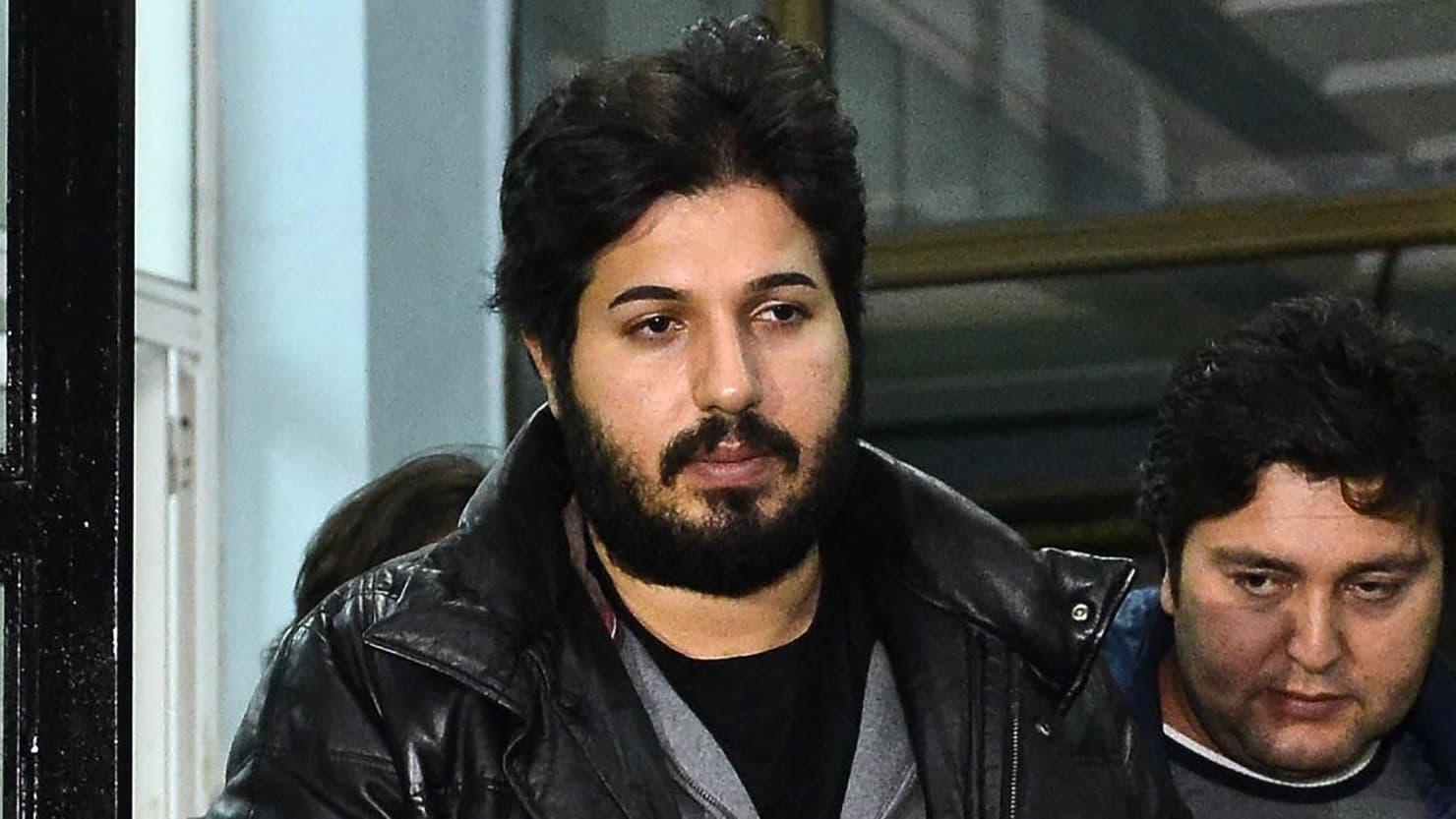
One of the lawyers of a Turkish bank executive being tried in New York over violating the United States’ sanctions on Iran said the bank warned the U.S. about Turkish-Iranian businessman Reza Zarrab’s activities in 2014.
Former Halkbank deputy general manager Mehmet Hakan Atilla’s lawyer Victor Rocco said the bank warned the U.S. Department of the Treasury’s Office of Foreign Assets Control (OFAC) in 2014 in order for Zarrab to be included in the list of sanctioned individuals.
The existence of the 2014 warning emerged after a debate erupted between the prosecutor’s office and the defense regarding the names from OFAC who would testify in the case.
While three OFAC officials were named as witnesses in the list that the prosecutor’s office previously gave to the court, the defense was planning to call a retired individual also from OFAC as a witness.
However, a debate erupted when the prosecutor’s office said that the retired OFEC official cited as a witness can’t know the recent developments in the law and thus can’t be a witness in court.
The prosecutor’s office also objected to Atilla’s lawyers when they wanted to carry out a cross-examination on the former’s witnesses.
Moreover, the defense said Atilla was never warned in meetings with OFAC officials that he could be prosecuted over trade with Iran.
According to the defense, Atilla was only told that sanctions would be imposed if illegality is determined in these transactions.
Rocco then said Halkbank warned OFAC on Zarrab in 2014, when Ali Fuat Taşkesenlioğlu was the general manager of the bank.
Zarrab’s name was involved in Turkey’s Dec. 17-25, 2013 corruption probes, which also embroiled four former ministers and other state officials. Zarrab was accused of paying bribes to senior government figures, but eventually the charges were quashed by the government, which said the probe was masterminded by followers of the U.S.-based Islamic preacher Fethullah Gülen.
Zarrab was arrested in the U.S. last year but as he became the prosecution’s top witness in the trial, Atilla is now the sole man in the dock accused of violating sanctions, bribery and money laundering.
Zarrab previously said he continued Iran trade with Halkbank after being released from jail in Turkey but stressed that he did not bribe anyone from the bank at that time and he was not asked to do so.
Meanwhile, permission was given for the three OFAC witnesses invited by the prosecutor’s office to be cross-examined by both the prosecutors and Atilla’s lawyers.
Upon the permission, the prosecutor’s office penned a letter to Judge Richard Berman and objected to the cross-examination of their witnesses by the defense lawyers.
However, the defense also penned a letter to Berman to stress that they have the right to ask questions to the three witnesses due to the names being significant for the trial.
After evaluating the demands of both sides, Berman ruled that the cross-examination will take place in a limited manner, thus accepting the defense’s will.
Another significant development in the trial was the decision for the court to listen to the testimony of U.S. Treasury Undersecretary David Cohen as a witness.
Berman also ruled that Cohen can be cross-examined by Atilla’s lawyers.
Meanwhile, during the hearing on Dec. 7, Zarrab said his life had been threatened in a federal detention center in Brooklyn after he began cooperating with the prosecution.
A fellow inmate, saying he had been given instructions to kill him, pulled a knife on him, Zarrab said.
“I was about to lose my life,” he told the jury.
“He said he had heard that I was cooperating — that’s why he was doing it,” Zarrab added.
As a result of the threat, he was removed from the Brooklyn jail and placed in the F.B.I.’s custody at an undisclosed location.
Zarrab told the jury that had he not chosen to cooperate, it is possible that he would never have been threatened.
“But did you choose to be a witness anyway?” prosecutor Sidhardha Kamaraju said.
“I’m here now,” Zarrab responded. “Yes, sir.”
In an unrelated legal action, on Dec. 6 Zarrab was sued by an inmate who claims Zarrab sexually assaulted him when the men shared a cell in a different jail, the Metropolitan Correctional Center in Manhattan, the New York Times reported on Dec. 7.
The inmate’s lawsuit said the abuse, which included rape, occurred between November 2016 and March 2017, when the men were cellmates.
Robert J. Anello, a lawyer for Zarrab, on Dec. 7 described the allegations as “outrageous and false, from a source that is not remotely credible.”
The inmate, who is in his early 60s, “felt helpless and unable to fight off the younger and stronger” man, the suit says, adding that the inmate was also “too scared and embarrassed at that time to complain or to seek help.”
On March 8, the suit says, after the inmate again was attacked by Zarrab and began yelling and making noise, other inmates apparently complained to jail officials, as did the inmate himself.
However, Zarrab was staying at a 50-square meter ward with 25 other inmates, which apparently makes a rape attempt almost impossible.